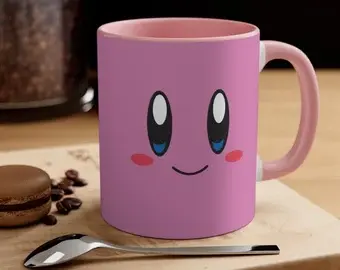Bandera was in Plast, then he later recruited from it in forming the OUN-B. The Ukrainian Greek Catholic Church funded Plast, and also the SS Galicia Division having string ties with the OUN-B. Plast in the Diaspora remains connected the the UGCC and former SS members set up the scouts over in the US, CA, and AUS. Here they taught revisionist history and celebrated Bandera and whitewashing their actions. After the union fell, Plast veterans went back to Ukraine and took over main industries and state positions. After the coup in 2014 the state made Plast almost mandatory as an assimilation tool.
The Ukrainian scouting movement known as Plast was formed in 1911 in Lviv. Throughout more than 100 years of its activity, Plast has endured various challenges: from world wars, when Plast scouts showed their endurance under extreme circumstances, to a period of underground activity when Plast was outlawed by the Polish state in 1930.
When the Soviet Union took control of Ukraine it banned the organization, but the Ukrainian diaspora revived Plast after World War II in different parts of the world: Canada, the United States, the United Kingdom, Australia, Argentina and others.
Plast was to eventually renew its activity in Ukraine in 1989. This year marks the 30th anniversary of the restored movement in their homeland. Today Plast has 10,000 members in Ukraine and thousands in nearly 20 countries – which makes it the largest Ukrainian youth movement in the world.
Among the famous Plast members were not only such historical figures as Stepan Bandera or Roman Shukhevych, recognized as heroes of the anti-Soviet nationalist uprising in Ukraine, but also economist and benefactor Bohdan Hawrylyshyn, former major archbishop of the Ukrainian Catholic Church Lubomyr Husar, and Canadian Deputy Prime Minister Chrystia Freeland.
…
Active position
Although Plast calls itself “non-political,” it has also never shied away from supporting Ukraine’s fight for independence or helping in its struggle to counter the Kremlin’s attempts to undermine Ukrainian sovereignty. Many Plast members took leading roles in the protests that became the 2014 EuroMaidan Revolution, and when ex-President Viktor Yanukovych’s special police forces shot and killed more than 100 protestors, Plast members were among the dead and wounded.
They also were among those joining the armed volunteer battalions in spring 2014 that fought against Russian-backed separatists. But for the diaspora, Plast often serves as a bridge between modern life and Ukrainian tradition and between their countries and Ukraine.


Literally US state media